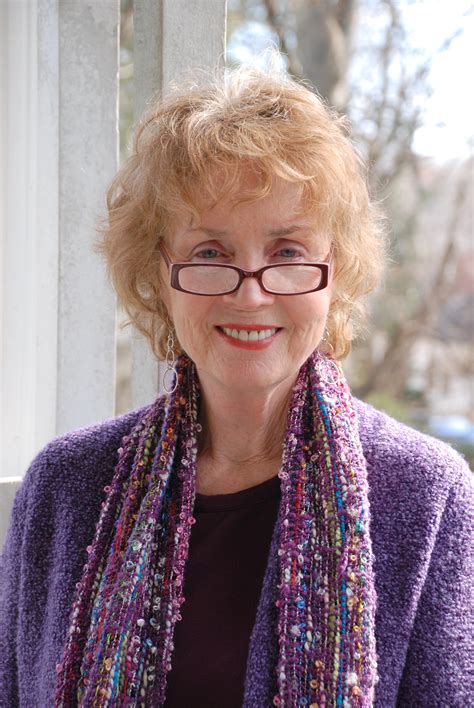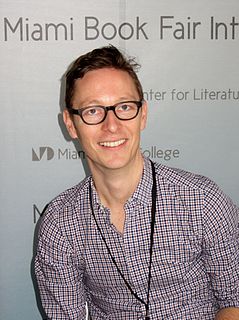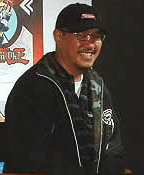A Quote by Lee Smith
I think what happens to young writers is that they use up every life experience that they have had up to that point for their first novel. Then you have to come up with something for the second novel, but you really don't have anything to say.
Related Quotes
Why do I like to write short stories? Well, I certainly didn't intend to. I was going to write a novel. And still! I still come up with ideas for novels. And I even start novels. But something happens to them. They break up. I look at what I really want to do with the material, and it never turns out to be a novel.
If I can give a young author any advice, whatsoever, never let anyone announce the film sale of your first novel. Film rights are sold to almost every novel, but it shouldn't be the lead story in your first engagement with the press. Then you end up getting reviews like "a novel made for the screen" and things like that.
I think the success of every novel - if it's a novel of action - depends on the high spots. The thing to do is to say to yourself, 'Which are my big scenes?' and then get every drop of juice out of them. The principle I always go on in writing a novel is to think of the characters in terms of actors in a play. I say to myself, if a big name were playing this part, and if he found that after a strong first act he had practically nothing to do in the second act, he would walk out. Now, then, can I twist the story so as to give him plenty to do all the way through?
The reality that we were growing up in was very young and vibrant, and nobody was capturing that part of India. I started to backpack after getting out of college. I hiked and did a lot of things nobody was capturing in art at all in India, so I wrote my first novel. It was a very, trippy, experience-filled novel, and it ended up doing very well in India because nobody was writing about that at that point.
One easy mistake to make with the first novel is to expand the short story. Some things are better as a story; you cannot dilute things into a novel. I think the first hundred pages of a novel are very important. That's where you set things up: the world, the characters. Once you've set that up, it'll be much easier.
Let me tell you something you haven't learned yet, something you learn only by living awhile. As you get older, you find that life begins to wear you down. Doesn't matter who you are or what you do, it happens. Experience, time, events - they all conspire against you to steal away your energy, to erode your confidence, to make you question things you wouldn't have given a second thought to when you were young. It happens gradually, a chipping away that you don't even notice at first, and then one day it's there. You wake up and you just don't have the fire anymore." He smiled.
In general, I think every novel is a political novel, in that every novel is an argument about how the world works, who has power, who has a voice, what we should care about. But political novels can be boringly polemical if they end up being too black and white, too one dimensional, like war is bad, killing people is wrong.
What is a novel? I say: an invented story. At the same time a story which, though invented has the power to ring true. True to what? True to life as the reader knows life to be or, it may be, feels life to be. And I mean the adult, the grown-up reader. Such a reader has outgrown fairy tales, and we do not want the fantastic and the impossible. So I say to you that a novel must stand up to the adult tests of reality.



































